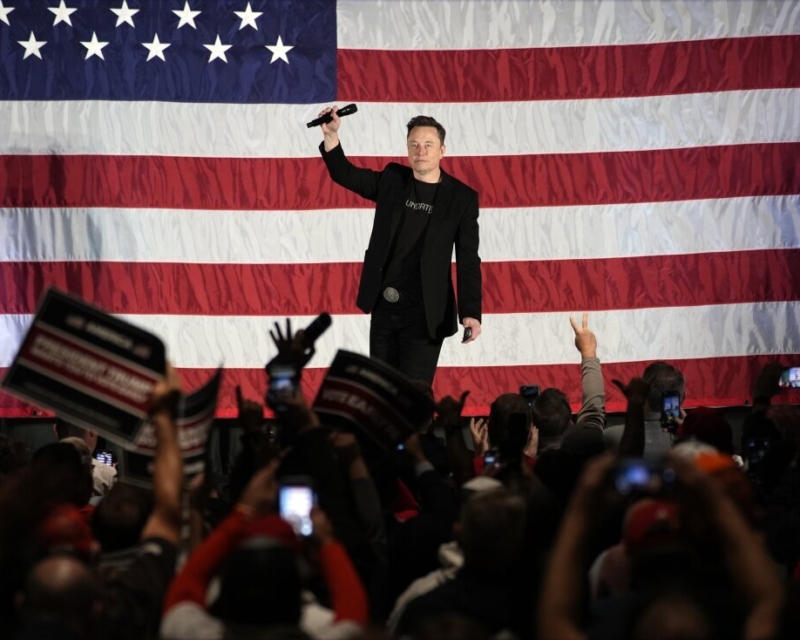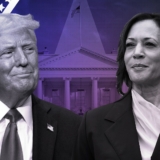Musk Offers $1 Million a Day to Pennsylvania Voters
In a bold and unprecedented move, billionaire Elon Musk has made headlines once again, this time by offering Pennsylvania voters $1 million a day in exchange for signing a PAC petition in support of the U.S. Constitution.
Specifically, Musk aims to rally support for the First and Second Amendments, which protect free speech and the right to bear arms. While he frames this as a stand for constitutional rights, many are questioning his motives and the impact this could have on American democracy.
Critics argue that the businessmen’s offer amounts to nothing less than an attempt to buy the public’s opinions and votes. Offering such vast sums of money for a simple signature on a petition may appear, on the surface, as a generous gesture, but it sets a troubling precedent. This approach undermines the very foundations of democracy, which is supposed to be built on equality, freedom of thought, and informed decision-making—not on the influence of wealth.
The concern here is clear: if a businessman with deep pockets can so easily sway public opinion, what does this say about the state of our democratic process? Musk, known for his innovative ideas and provocative stances, has found a way to inject money directly into the political arena, but this time it’s not through the usual channels of advertising campaigns or rally sponsorships. Instead, it’s a direct transactional relationship between money and political support.
The idea that votes and political opinions could be bought is not new in America. For decades, politicians and corporations have used massive advertising campaigns, sponsorships, and other strategies to influence the electorate. However, what sets Musk’s offer apart is its brazen simplicity: a direct monetary reward for political action. This isn’t just influence—it’s a sale.
At this rate, we risk turning citizens into little more than soulless machines, casting votes in exchange for cold hard cash like ATMs dispensing predetermined opinions. The very idea of democracy—where each vote is a representation of an individual’s beliefs, convictions, and hopes for the future—is at risk of being eroded by such actions.
Musk’s move raises important questions about the future of political engagement. How far will we allow wealth to dictate political outcomes, and what does this mean for the core values of democracy?






